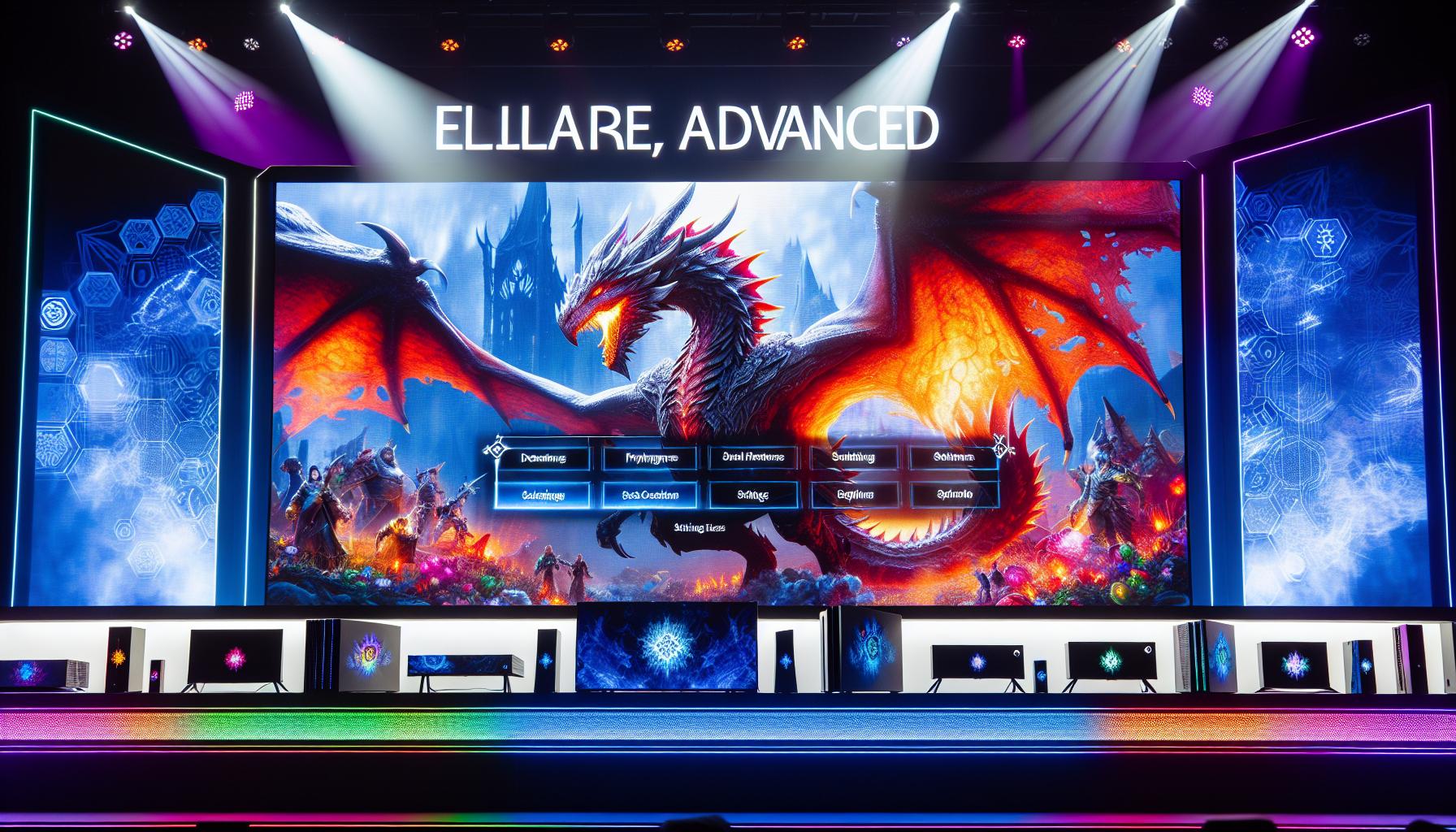Fortune 500 Companies Spotlight AI Risks
The number of Fortune 500 companies flagging artificial intelligence (AI) as a potential risk factor has seen a dramatic increase, growing by 473.5% over the past year. According to Arize AI, a research firm dedicated to analyzing technology impacts, 281 of these top companies have now identified AI as a risk, which equates to 56.2% of the Fortune 500. This marks a significant rise from the previous year when only 49 companies expressed similar concerns.
AI's Industry-Wide Impact
The surge in AI risk acknowledgment coincides with heightened awareness following the launch of OpenAI’s ChatGPT in late 2022. The number of companies mentioning AI in any context rose by 152% to 323. This indicates that AI is now firmly on the radar of corporate America, highlighting both the risks and opportunities it presents.
Sectors Most Concerned About AI
Certain industries are particularly vigilant about AI risks. The media and entertainment sector leads with 91.7% of its companies citing AI as a concern. This is understandable as AI technologies are increasingly influencing how content is created and consumed. Netflix has noted the potential competitive disadvantage if rivals leverage AI more effectively. Similarly, Disney has expressed concerns about the unsettled legal landscape surrounding AI and its potential impact on revenue.
Other sectors also voicing significant concern include software and tech companies (86.4%), telecoms (70%), healthcare (65.1%), and financial services (62.7%). In contrast, industries like automotive (18.8%), energy (37.3%), and manufacturing (39.7%) show relatively lower levels of concern.
Companies Implementing AI Under Scrutiny
Interestingly, companies that are integrating AI into their products are also reporting risks. For example, Motorola has highlighted issues related to the reliability and potential biases of AI systems. Salesforce has warned of potential controversies, particularly around privacy and human rights, which could result in regulatory scrutiny and reputational damage.
AI and Cybersecurity Concerns
The integration of AI into cybersecurity has also been a focal point, as seen in discussions at the recent Def Con security conference. Companies are wary of AI's role in potential data leaks and cyber threats.
Consumer Perspectives on AI
Despite AI's integration into various products, consumer acceptance remains a challenge. A study from the Journal of Hospitality Market and Management found that consumers often question the necessity of AI in everyday products like coffee makers or vacuum cleaners. Professor Dogan Gursoy from Washington State University emphasizes the need for consumers to clearly understand the benefits that AI brings to these products.
Overall, while AI presents vast opportunities for innovation and efficiency, the accompanying risks and consumer skepticism suggest that companies must carefully navigate this evolving landscape.













